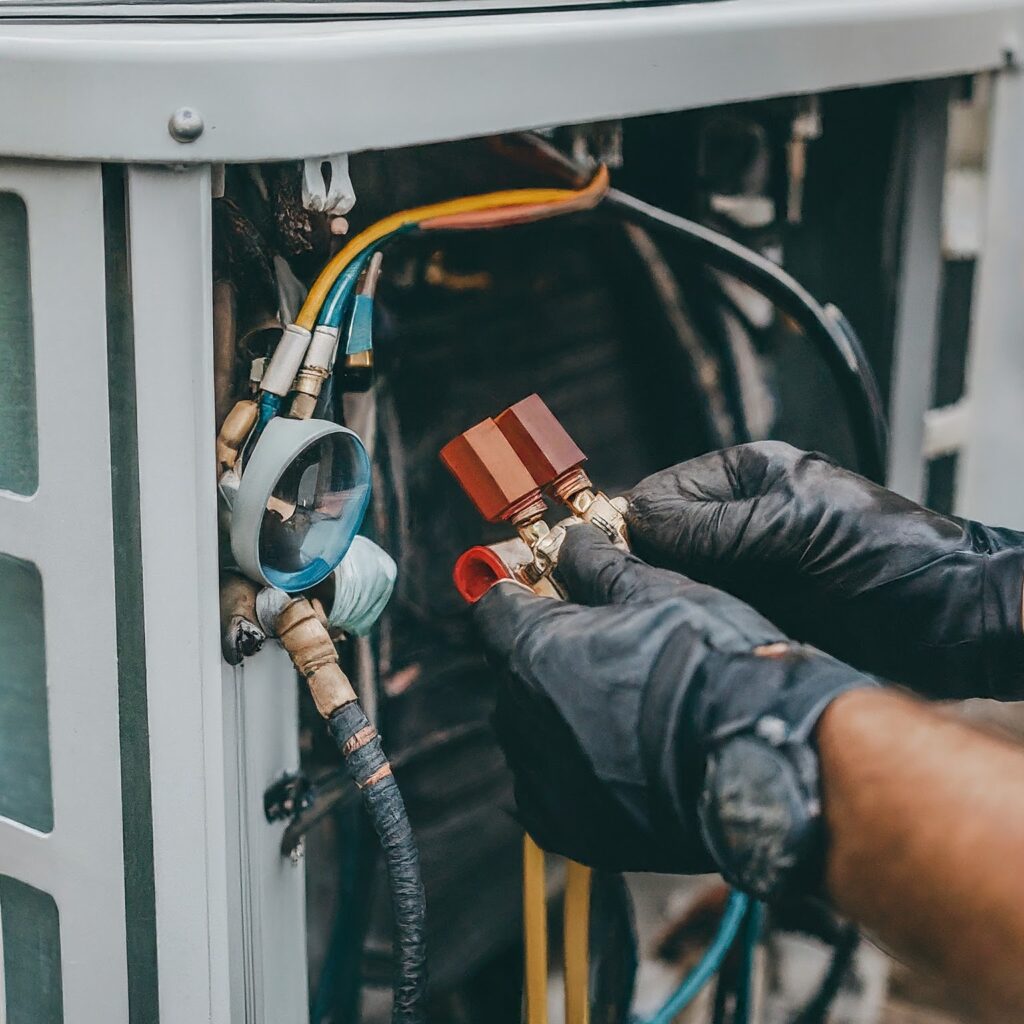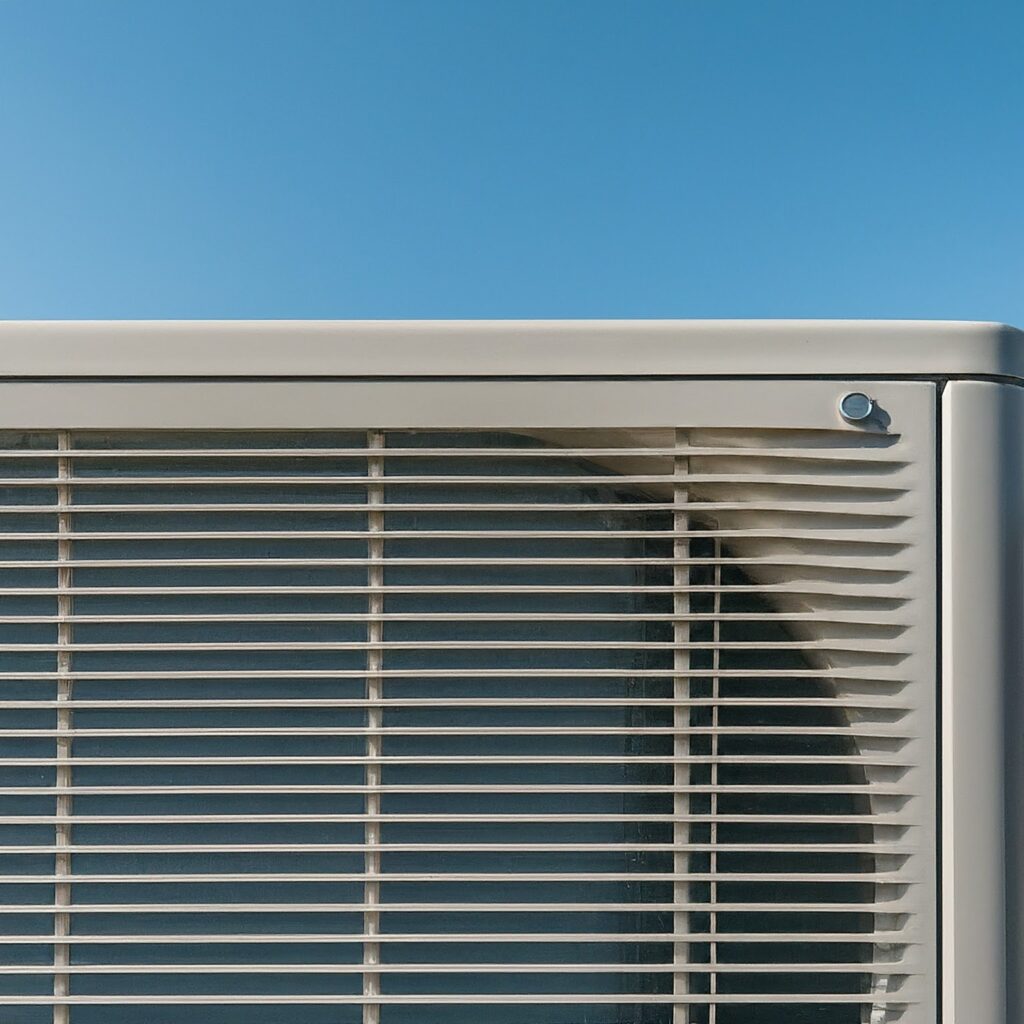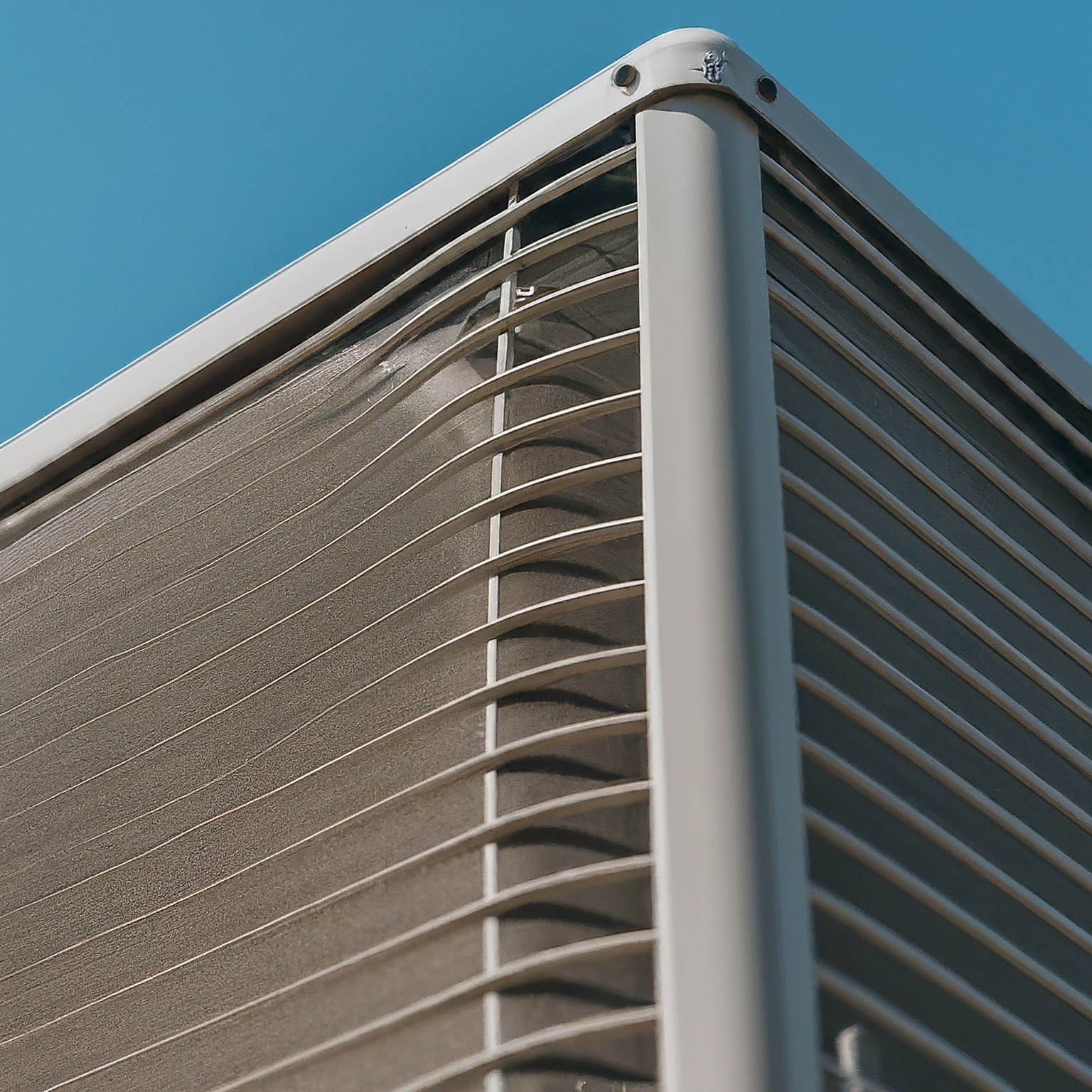Improving Indoor Air Quality with Your HVAC System
Introduction
In today’s modern world, where we spend a significant amount of time indoors, the quality of the air we breathe has become an increasingly important concern. Poor indoor air quality can have detrimental effects on our health, causing respiratory issues, allergies, and even exacerbating existing conditions like asthma. Fortunately, your HVAC (Heating, Ventilation, and Air Conditioning) system plays a crucial role in maintaining a healthy indoor environment. At American Home and Commercial Services, we understand the importance of indoor air quality and are committed to providing our customers with solutions to improve the air they breathe.
Understanding Indoor Air Quality
What is Indoor Air Quality?
Indoor air quality (IAQ) refers to the overall condition of the air within a building or enclosed space. It encompasses various factors such as temperature, humidity, ventilation, and the presence of pollutants, allergens, and other harmful substances. Maintaining good indoor air quality is essential for promoting a healthy living or working environment and ensuring the well-being of occupants.
Common Indoor Air Pollutants
- Particulate Matter: Dust, dirt, pollen, and other airborne particles can accumulate in your HVAC system and circulate throughout your home or building, contributing to respiratory issues and allergies.
- Volatile Organic Compounds (VOCs): These gases are emitted from various household products, such as paints, cleaning supplies, and furnishings, and can contribute to indoor air pollution, causing headaches, dizziness, and respiratory irritation.
- Biological Contaminants: Mold, bacteria, and viruses can thrive in damp or poorly ventilated environments, posing a health risk and potentially causing respiratory infections or exacerbating asthma symptoms.
- Carbon Monoxide: This colorless, odorless gas can be produced by faulty combustion appliances and pose a serious threat to human health, causing headaches, nausea, and even death in high concentrations.
- Radon: A naturally occurring radioactive gas that can seep into buildings from the surrounding soil and rock, increasing the risk of lung cancer with prolonged exposure.
The Role of Your HVAC System in Indoor Air Quality
Your HVAC system plays a vital role in maintaining healthy indoor air quality by providing proper ventilation, filtration, and air circulation throughout your home or building.
Ventilation
Adequate ventilation is essential for removing stale air and introducing fresh, outside air into your indoor environment. Your HVAC system’s ventilation components, such as exhaust fans and air intake vents, work to ensure a continuous flow of fresh air, diluting indoor air pollutants and improving overall air quality.
Air Filtration
Your HVAC system’s air filters are designed to remove airborne particulates, such as dust, pollen, and other allergens, from the air circulating through your home or building. Regular filter replacements and maintenance are crucial to ensure optimal air filtration and prevent the buildup of contaminants within your HVAC system.
Air Circulation
Proper air circulation is essential for evenly distributing conditioned air throughout your living or working spaces. Your HVAC system’s ductwork and air handlers work together to ensure that fresh, filtered air is consistently circulated, preventing the accumulation of stale air pockets and minimizing the concentration of indoor air pollutants.
Improving Indoor Air Quality with Your HVAC System
At American Home and Commercial Services, we offer a range of solutions to help improve the indoor air quality in your home or business through effective HVAC system maintenance, upgrades, and specialized equipment.

HVAC System Maintenance and Repairs
Regular maintenance and timely repairs are essential for keeping your HVAC system operating at peak efficiency and ensuring optimal indoor air quality. Our team of experienced technicians can provide:
- Air Filter Replacements: We recommend replacing your HVAC system’s air filters regularly, typically every 1-3 months, to prevent the buildup of contaminants and maintain proper airflow.
- Ductwork Inspections and Cleaning: Over time, dust and debris can accumulate within your ductwork, compromising air quality. Our experts can inspect and clean your ductwork using specialized equipment to ensure efficient air circulation.
- HVAC System Tune-ups: Regular tune-ups can identify and address potential issues before they escalate, ensuring your HVAC system is running efficiently and providing optimal indoor air quality. During a tune-up, our technicians will clean and inspect various components, check for leaks, lubricate moving parts, and make necessary adjustments.
HVAC System Upgrades
Upgrading your HVAC system with modern, energy-efficient equipment can significantly improve indoor air quality while also reducing your energy costs and carbon footprint. Our experts can recommend and install:
- High-Efficiency Air Filters: Advanced air filtration systems, such as HEPA (High-Efficiency Particulate Air) filters or electrostatic filters, can remove a wider range of airborne pollutants, including microscopic particles, allergens, and volatile organic compounds (VOCs).
- UV Air Purification Systems: These systems use ultraviolet light to neutralize harmful microorganisms, such as bacteria, viruses, and mold spores, improving the overall quality of your indoor air.
- Energy Recovery Ventilators (ERVs): ERVs are designed to introduce fresh outdoor air while simultaneously expelling stale indoor air, providing balanced ventilation and improving indoor air quality. They also help maintain consistent humidity levels, further enhancing indoor comfort.
Indoor Air Quality Assessments
To better understand the specific air quality concerns in your home or business, American Home and Commercial Services offers comprehensive indoor air quality assessments. Our experts will:
- Conduct Air Sampling: Using specialized equipment, we can measure the levels of various air pollutants, including particulate matter, VOCs, and biological contaminants such as mold spores.
- Identify Sources of Contamination: Our assessments aim to pinpoint the sources of indoor air pollution, such as mold growth, off-gassing from building materials, or malfunctioning appliances, which can help guide effective remediation strategies.
- Provide Tailored Recommendations: Based on our findings, we’ll provide detailed recommendations for improving your indoor air quality, which may include HVAC system upgrades, air purification solutions, or addressing specific sources of contamination like moisture control or ventilation improvements.
Whole-Home Humidification and Dehumidification
Maintaining proper humidity levels is crucial for both indoor air quality and overall comfort. Excessively low humidity can dry out mucous membranes, increasing susceptibility to respiratory infections, while high humidity can promote mold growth and dust mite infestations. Our team can recommend and install whole-home humidification and dehumidification systems to help regulate indoor humidity levels, creating a healthier and more comfortable indoor environment.

Source Control and Ventilation Strategies
In addition to HVAC system improvements, addressing indoor air quality often involves implementing source control and ventilation strategies. These may include:
- Eliminating or Reducing Sources of Pollution: Identifying and removing or minimizing sources of indoor air pollutants, such as chemical cleaners, building materials with off-gassing potential, or combustion appliances that emit carbon monoxide.
- Increasing Ventilation: Improving ventilation by opening windows, using exhaust fans, or installing additional ventilation systems can help dilute indoor air pollutants and introduce fresh outdoor air.
- Implementing Pressure Management Strategies: Maintaining proper air pressure differentials between indoor and outdoor spaces can prevent the infiltration of outdoor pollutants or the spread of indoor contaminants to other areas.
Ongoing Monitoring and Maintenance
Achieving and maintaining good indoor air quality is an ongoing process that requires regular monitoring and maintenance. Our team at American Home and Commercial Services can provide ongoing support, including:
- Regular HVAC System Inspections: Periodic inspections can identify potential issues or maintenance needs, ensuring your HVAC system continues to operate efficiently and effectively.
- Indoor Air Quality Monitoring: We can provide continuous or periodic monitoring of indoor air quality parameters, such as particulate levels, VOCs, and humidity, to ensure optimal conditions are maintained.
- Preventive Maintenance Programs: By enrolling in a preventive maintenance program, you can benefit from scheduled service visits, filter replacements, and proactive measures to maintain your HVAC system’s performance and indoor air quality.
Pros:
- Improved respiratory health and reduced allergy symptoms for occupants.
- Enhanced comfort and overall well-being in your living or working environment.
- Increased energy efficiency and reduced utility costs with a well-maintained HVAC system.
- Extended lifespan of your HVAC equipment due to proper maintenance and filtration.
- Reduced risk of mold growth and other biological contaminants in your indoor environment.
- Potential increase in property value with improved indoor air quality and energy-efficient HVAC systems.
- Improved cognitive function and productivity in workplaces with optimal indoor air quality.
- Compliance with indoor air quality standards and regulations for commercial or industrial facilities.
Cons:
- Regular maintenance and filter replacements can incur additional costs over time.
- Some indoor air quality solutions, such as UV air purification systems or ERVs, may require a significant upfront investment.
- Certain upgrades or renovations may be necessary to accommodate new HVAC equipment or air quality solutions.
- Addressing severe indoor air quality issues, such as extensive mold growth or asbestos contamination, can be complex and costly.
- Ongoing monitoring and adjustments may be required to maintain optimal indoor air quality levels.
- Certain indoor air quality strategies, like increasing ventilation, may impact energy efficiency and lead to higher utility costs.
Conclusion
Improving indoor air quality is essential for promoting a healthy and comfortable living or working environment. At American Home and Commercial Services, we are committed to providing our customers with comprehensive solutions to enhance indoor air quality through effective HVAC system maintenance, upgrades, and specialized equipment.
Our team of experts can assess your specific needs, identify potential air quality concerns, and recommend tailored solutions to ensure you and your family or employees breathe clean, fresh air. From regular maintenance and filter replacements to advanced air purification systems and energy recovery ventilators, we have the knowledge and expertise to address your indoor air quality challenges.
By partnering with us, you can benefit from improved respiratory health, enhanced comfort, increased energy efficiency, and peace of mind knowing that you’re taking proactive steps to create a healthier indoor environment. Contact us today to schedule an indoor air quality assessment or to discuss your HVAC system needs. Together, we can create a safer, more comfortable, and more sustainable indoor space that promotes well-being and improves your overall quality of life.



